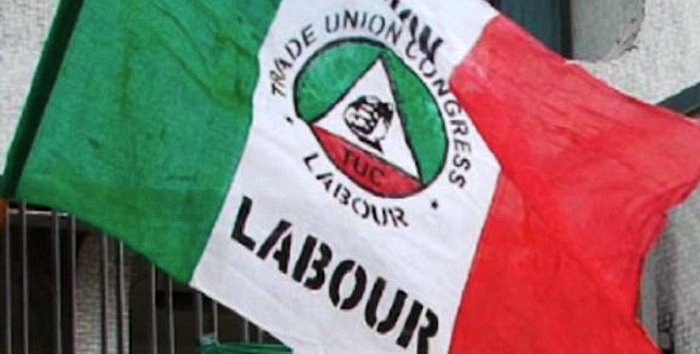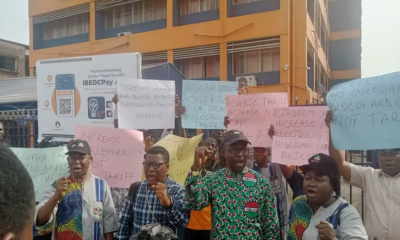The Nigeria Labour Congress has lauded the judgement of a Federal High Court sitting in Ikoyi, Lagos for reversing the 45 per cent electricity tariff rise saying, the judgement was courageous.
“We at the Nigeria Labour Congress wish to state that this is a courageous and judicial judgement deserving of commendation,” president of the union, Comrade Ayuba Wabba said in a statement.
“We urge NERC and electricity Distribution companies (Discos) to obey the judgement and revert to the old rates without further delay. We demand that the NERC and DISCOs observe all the conditions precedent as contained in the sales agreement before any increase is made,” Wabba said.
He recalled that joint stakeholders on increment on electricity tariff led by the union issued a communiqué issued in January saying due process was not followed before the increase in line with Section 76 of the Electric Power Sector Reform Act (EPSRA), 2005.
ALSO SEE: NLC sets for war with banks over mass sack
The stakeholders Wabba said noted that there was no significant improvement in service delivery while many consumers were not metered despite the pact the Discos had with government after taking over in November 2013 agreeing to meter all customers after 18 months.
Justice Ibrahim Idris of the Federal High Court yesterday declared that the 45 per cent tariff increase made by the Nigeria Electricity Regulatory Commission (NERC) was illegal and should be reversed immediately.
He ordered the reversal and restrained NERC from further increasing the tariff except in strict compliance to the provisions of the Electricity Power Sector Reform Act 2005 (EPSRA).
The court held that the implementation of the 45 per cent increase constituted a violation of its interim order and awarded N50, 000 costs against the Commission.
Recall also that a subsisting court order of May 28, 2015, issued by Justice Mohammed Idris of the Federal High Court, Ikoyi in the case of Toluwani Yemi-Adebiyi versus NERC & Others ruled that there should be no increment until the determination of the substantive suit.

 Health5 days ago
Health5 days ago
 Entertainment7 days ago
Entertainment7 days ago
 Crime6 days ago
Crime6 days ago
 Education1 week ago
Education1 week ago
 Health1 week ago
Health1 week ago
 Comments and Issues6 days ago
Comments and Issues6 days ago
 Football7 days ago
Football7 days ago
 Latest6 days ago
Latest6 days ago











